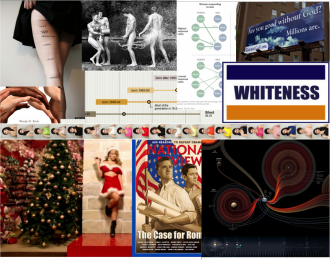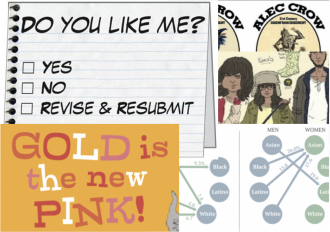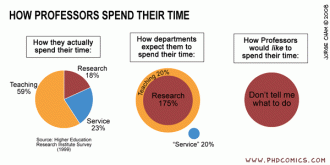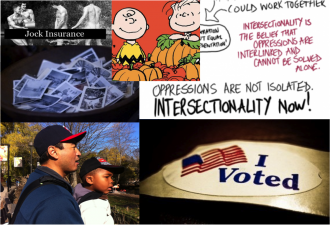Happy New Year! The “great books in sociology” post I did a few days back got a nice little response (not all of it online) and generated a number of new ideas for the graduate seminar I’ve proposed here in the old U of M Sociology department. And clearly some of you have more than just a book or two to add. So, inspired by these off-the-cuff suggestions, let me ask you a more serious, systematic question: What’s on your list? What books would you use? Send in your Top Ten list of the greatest books in sociology. I can post some of those here on TSP and, if we get enough to make it meaningful, compile a list of the 10 greatest books of all time. Claude Fischer, for one, thinks there may be less consensus than you might think.







